Reviews
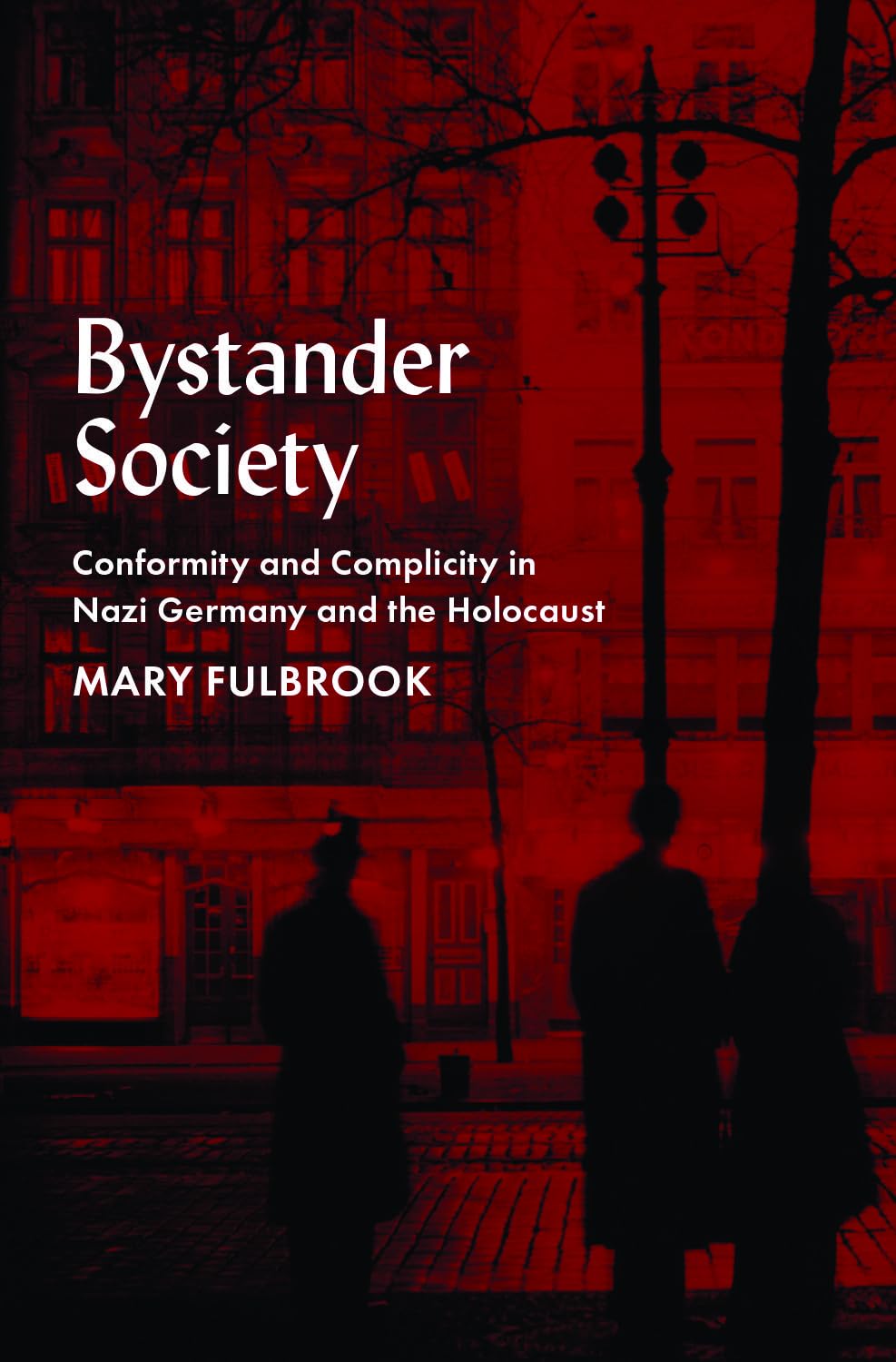 Review of 'Bystander Society' by Mary Fulbrook
Review of 'Bystander Society' by Mary FulbrookReview of Mary Fulbrook's Bystander Society: Conformity and Complicity in Nazi Germany and the Holocaust (Oxford, Oxford University Press, 2023), The English Historical Review 140, Issue 602, February 2025, pp. 266–268.
In a political landscape where the stability of democracy seems once again to be embattled by the rise of far-right parties, Mary Fulbrook’s exploration of how quickly the general population might condone the ultimately genocidal persecution of minorities under an authoritarian regime is both salutary and sobering.Read more...
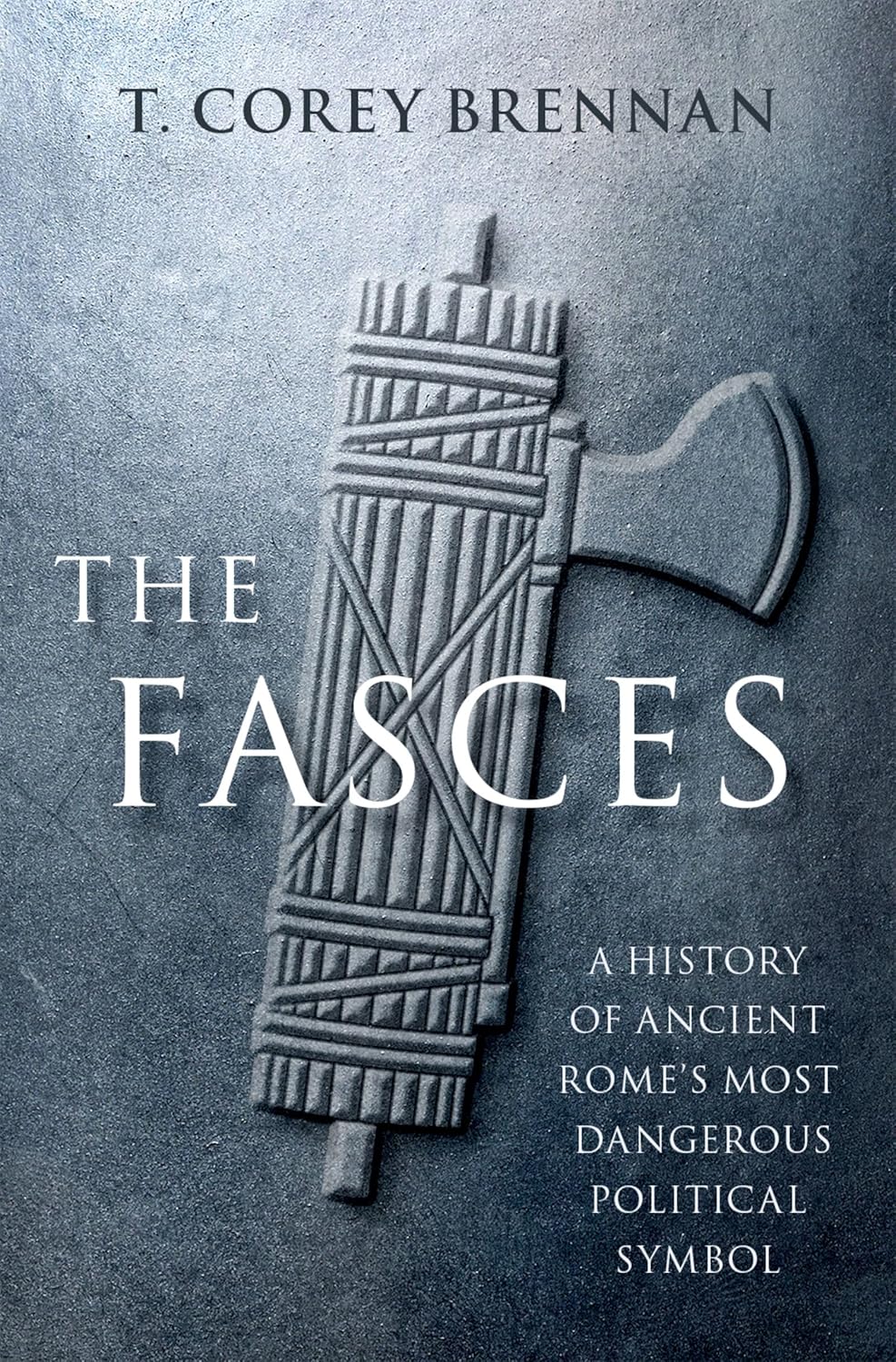 'A (Partial) Encyclopedia of the Fasces'
'A (Partial) Encyclopedia of the Fasces'Review of T. Corey Brennan's The Fasces: A History of Ancient Rome's Most Dangerous Political Symbol (New York: Oxford University Press, 2022), Arion: A Journal of Humanities and the Classics 32 (1), Spring/Summer 2024, 177-91.
The fasces—the bundled axes and rods which symbolized power and punishment in ancient Rome—have often exerted a powerful hold on the Western imagination, long before their adoption by Mussolini led to their co-option for the term “fascist”, with all of its stark, unsavory, and brutal political connotations.Read more...
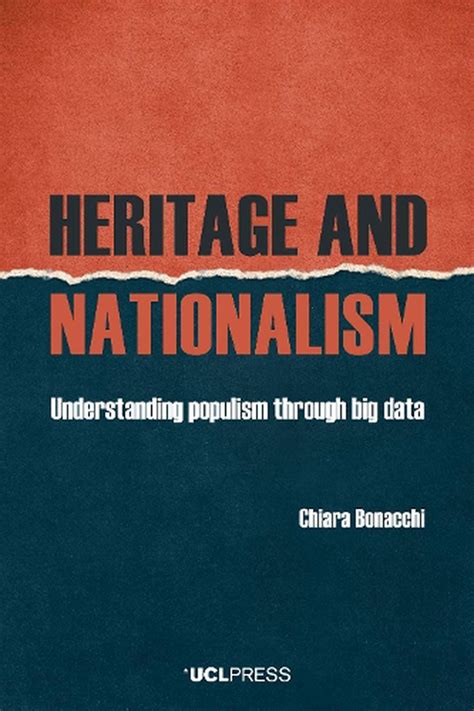 Review of 'Heritage and Nationalism' by Chiara Bonacchi
Review of 'Heritage and Nationalism' by Chiara BonacchiReview of Chiara Bonacchi, Heritage and Nationalism: Understanding Populism through Big Data (London: UCL Press, 2022), Journal of the Royal Anthropological Institute 30 (3), September 2024, 837-8.
The politicization of the past has long been a key concern for archaeologists, historians, and heritage professionals. However, with the recent advent of social media, new opportunities to research the resonance of distant pasts in populist rhetoric now abound – if such sources can be harnessed appropriately.Read more...
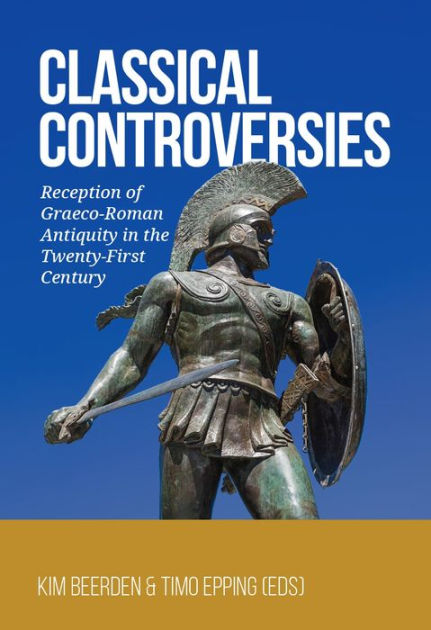 Review of 'Classical Controversies'
Review of 'Classical Controversies'Review of Kim Beerden and Timo Epping (eds) Classical Controversies: Reception of Greco-Roman Antiquity in the Twenty-First Century (Leiden: Sidestone Press, 2022), Journal of Anthropological Research 80 (1), 2024, 98-9.
Classics is often bedevilled by the need to assert its ‘relevance’ to the modern world. This timely and thought-provoking collection of essays demonstrates that the stakes of such ‘relevance’ can be all too high when the contemporary appropriations of antiquity in question often fuel extreme right-wing political agendas.Read more...
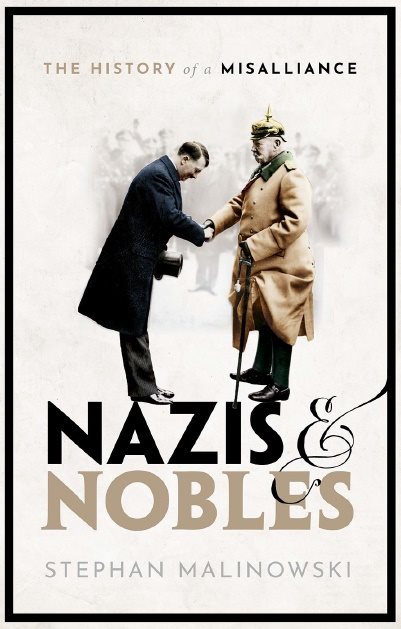 Review of 'Nazis and Nobles' by Stephan Malinowski
Review of 'Nazis and Nobles' by Stephan MalinowskiReview of Nazis and Nobles: The History of a Misalliance, by Stephan Malinowski (Oxford: Oxford University Press, 2021), in the American Historical Review 127 (4), December 2022, pp. 1942–1943.
The relationship between Nazism and the German aristocracy tends to be drawn in one of two ways, each verging on caricature – lionisation of the heroic, noble resistance fighters behind the July bomb plot, or caustic castigation of the be-monocled Junkers and the Cabinet of Barons who smoothed Hitler’s road to power.Read more...
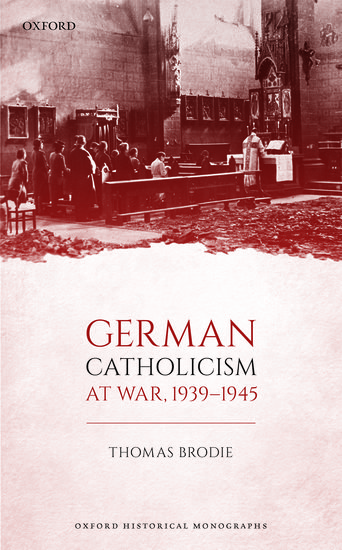 Review of 'German Catholicism at War' by Thomas Brodie
Review of 'German Catholicism at War' by Thomas BrodieReview of Thomas Brodie, German Catholicism at War 1939-1945 (Oxford: Oxford University Press, 2018), History. The Journal of the Historical Association 107, Issue 374, January 2022, pp. 184-6.
Thomas Brodie’s engaging and eminently readable study of German Catholicism during the Second World War represents both a tour de force of highly original and meticulous scholarship, and an exceptional work of Alltagsgeschichte. Brodie provides his readers with a fully nuanced account of Catholic reactions to war and genocide.Read more...
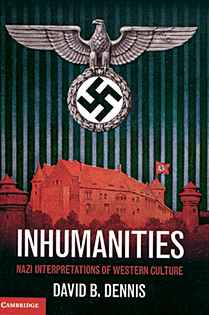 'Inhumane propaganda, humanely analysed?'
'Inhumane propaganda, humanely analysed?'Review of David B. Dennis' Inhumanities. Nazi Interpretations of Western Culture (Cambridge: Cambridge University Press, 2012), in Reviews in History.
For the past few years, David B. Dennis has had the unenviable task of steeping himself in the (turgid, yet strangely compelling) prose of the Völkischer Beobachter, the Nazi party’s major propaganda organ, and the Third Reich’s daily paper of choice. The result is a synoptic compendium of National Socialist thought on major cultural and artistic figures, which is both chilling in the delusion it reveals, and startling in its originality.Read more...
 From Humboldt to Hitler? The Third Reich's Education Ministry Revealed
From Humboldt to Hitler? The Third Reich's Education Ministry RevealedReview of Anne C. Nagel's Hitlers Bildungsreformer. Das Reichsministerium für Wissenschaft, Erziehung und Volksbildung 1934-1945 (Frankfurt am Main: Fischer Taschenbuch, 2012), in Reviews in History.
What's in a name? Often, particularly with books marketed at a more popular audience, all too much seems to be at stake - the controversy caused by Paul Preston's The Spanish Holocaust being a recent case in point. Thus far, criticism of Anne C. Nagel's 2012 volume, Hitlers Bildungsreformer, has followed similar lines.Read more...
 Totalitarian Individualism? Berliners Under the Microscope from Weimar to the Wall
Totalitarian Individualism? Berliners Under the Microscope from Weimar to the WallReview of Moritz Föllmer's in Individuality and Modernity in Berlin: Self and Society from Weimar to the Wall (Cambridge: Cambridge University Press, 2013), published in the Book Reviews section of the Wiener Library Blog.
All too often, it is glibly assumed that the rise of individuality, the spirit of modernity, and the triumph of democracy must necessarily go hand in hand. Moritz Föllmer’s new monograph provides an important corrective to this frequently uninterrogated set of assumptions.Read more...
 'An Uncompromising Generation' in a French Impressionist Key? Christian Ingrao's Anatomisation of "Intellectuals" in the SS War Machine
'An Uncompromising Generation' in a French Impressionist Key? Christian Ingrao's Anatomisation of "Intellectuals" in the SS War MachineReview of Christian Ingrao's Believe and Destroy: Intellectuals in the SS War Machine (Cambridge: Polity Press, 2013), published in the Book Reviews section of the Wiener Library Blog.
In 2006, a publishing sensation erupted in France with the publication of Jonathan Littell's The Kindly Ones, a novel which sought to recreate the motivation and incremental brutalisation of an intelligent, educated SS officer, as he becomes ever more damningly implicated in the horrors of the Holocaust.Read more...
